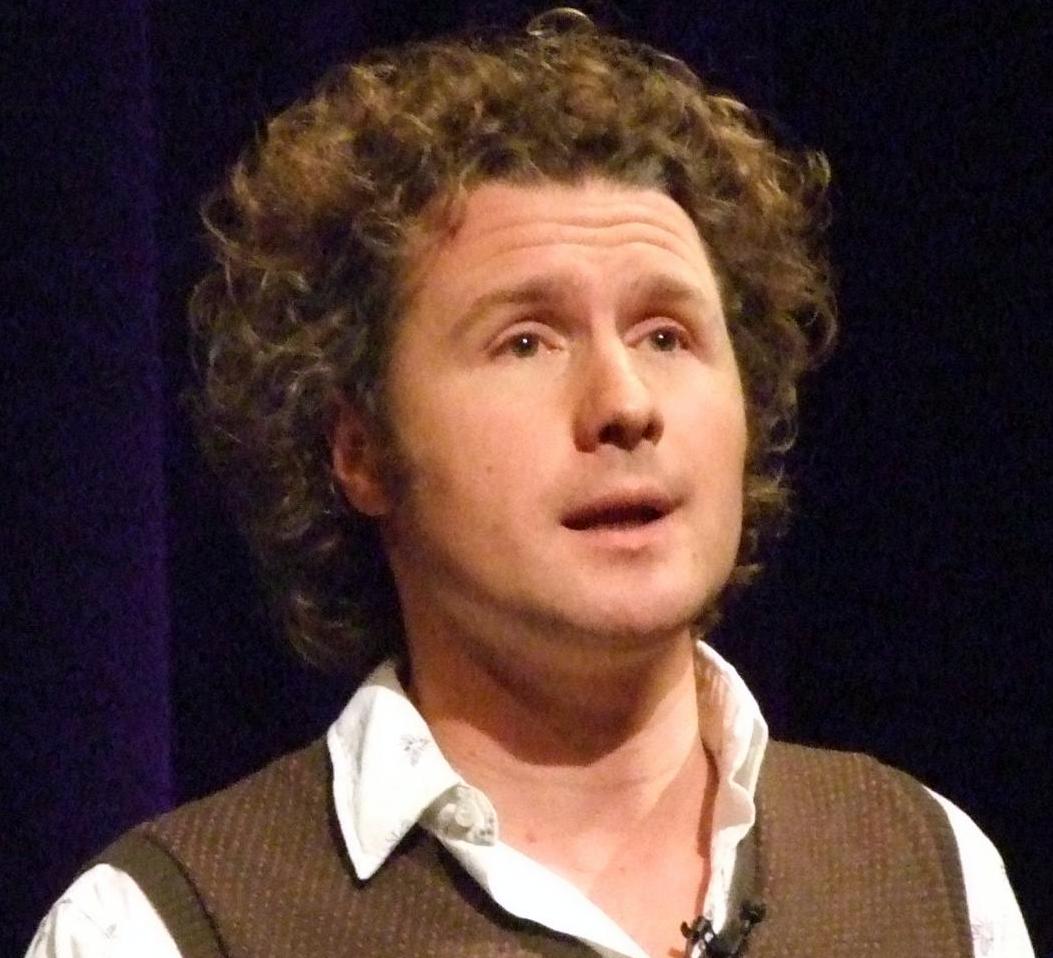Results for: Comparative Effectiveness Research
False Balance for Homeopathy in the BMJ
The BMJ is a prestigious medical journal, which just goes to show that prestigious journals can sometimes make awful decisions. They recently published a pro vs con article on homeopathy. Peter Fisher dragged out the current repertoire of pro-homeopathy tropes, while Edzard Ernst did a fine job of summarizing why homeopathy is nonsense. I also think the article is an excellent example...

Clinical trials of homeopathy versus “respect for science”
A few months ago, Steve Novella and I published an article in Trends in Molecular Medicine entitled “Clinical trials of integrative medicine: testing whether magic works?” It was our first foray together into publishing commentary about science-based medicine versus evidence-based medicine, using a topic that we’ve both written extensively about over the years on this blog and our respective personal blogs. Specifically,...

Medical marijuana as the new herbalism, part 1: Science versus the politics of weed in New York and beyond
Medical marijuana. It's promoted as a seeming panacea that can cure whatever ails you. While there are potentially useful medicinal compounds in marijuana, in general the medical marijuana movement vastly oversells the promise. The truth is far more prosaic and nuanced.
An experiment in paying through the nose for “unnecessary care”
Rats. Harriet stole what was going to be the title of this post! This is going to be something completely different than what I usually write about. Well, maybe not completely different, but different from the vast majority of my posts. As Dr. Snyder noted on Friday, it’s easy to find new woo-filled claims or dangerous, evidence-lacking trends to write about. Heck,...
Is U.S. cancer care “in crisis,” as the Institute of Medicine proclaims?
Americans love to fight, traditionally. All real Americans love the sting and clash of battle…When you, here, everyone of you, were kids, you all admired the champion marble player, the fastest runner, the toughest boxer, the big league ball players, and the All-American football players. Americans love a winner. Americans will not tolerate a loser. – General George S. Patton, Jr., June...
DMAA: Efficacious but is it Safe?
by Igor I. Bussel & Drey A. Pavlov Jann Bellamy has recently authored an excellent piece on the limitations of the FDA and how the DSHEA actually protects the profits of supplement manufacturers rather than the health and well-being of consumers. Bellamy used the very poignant and currently “controversial” example of DMAA (methylhexanamine or 1,3-dimethylamylamine) to illustrate her point regarding the loopholes...

Bad Pharma: A Manifesto to Fix the Pharmaceutical Industry
“There is no medicine without medicines” write Ben Goldacre in his new book Bad Pharma. To Goldacre, an author, journalist and physician, this cause is personal. The title, a reference to both his first book, Bad Science, as well as the pharmaceutical industry’s nickname Big Pharma, is a bit of a misnomer. While the focus is pharmaceutical companies and their actions, there are...
NCCAM on “integrative medicine”: What’s in a word?
I don’t know how I’ve missed this, given that it’s been in existence now for a month and a half, but I have. Regular readers (and even fairly recent readers, given that I write about this topic relatively frequently) know that I’m not a big fan of the National Center for Complementary and Alternative Medicine (NCCAM). (Come to think of it, neither...
The wrong way to “open up” clinical trials
Science-based medicine rests on twin pillars that are utterly essential to the development of treatments that are safe and efficacious. Both of these pillars depend on science, but in different ways. The first of these is, of course, the basic science that provides the hypotheses to test about the mechanisms behind the diseases and malfunctions that plague the human body. This basic...
Pragmatic Studies and Cinderella Medicine
Explanatory studies are done under controlled conditions to determine whether a treatment has any efficacy compared to a placebo. Pragmatic studies are designed to assess how the intervention performs in everyday real world practice. Pragmatic studies measure practical success but don’t determine actual efficacy: that requires a proper randomized controlled trial (RCT) with an appropriate control. Pragmatic studies have their place, but...

